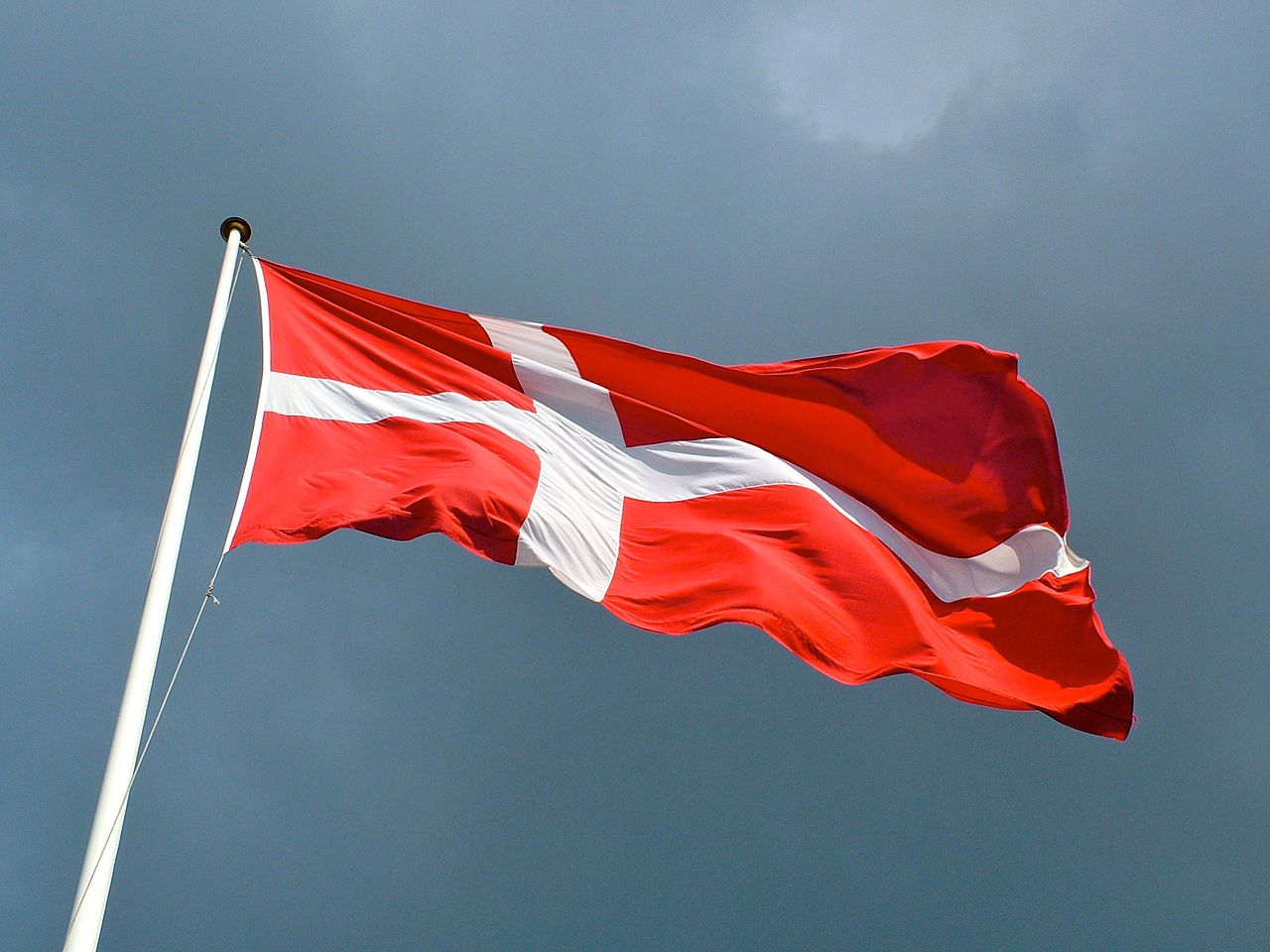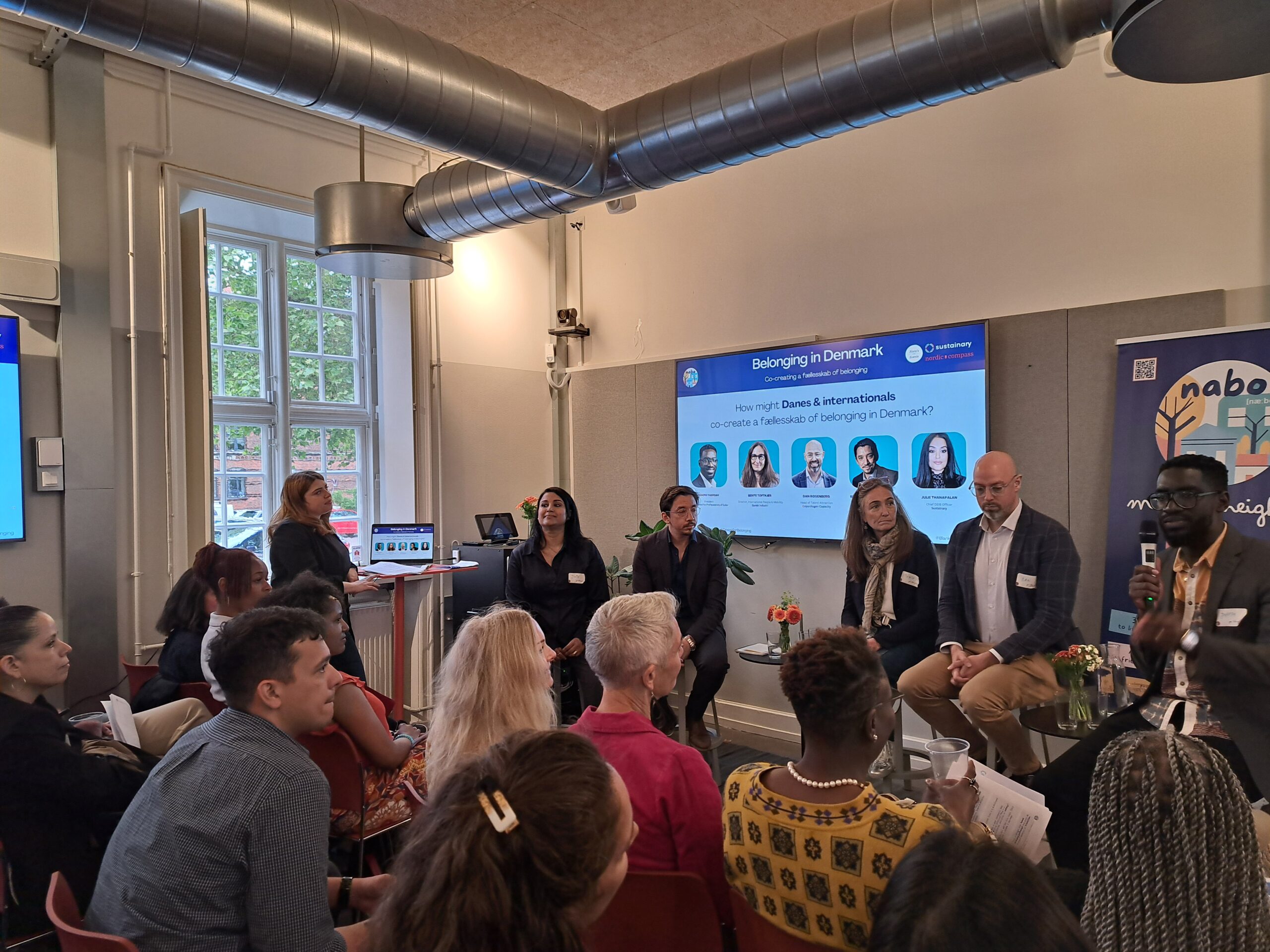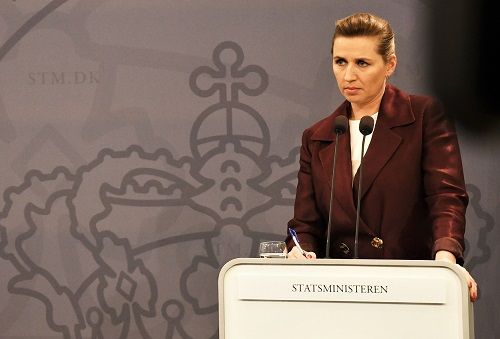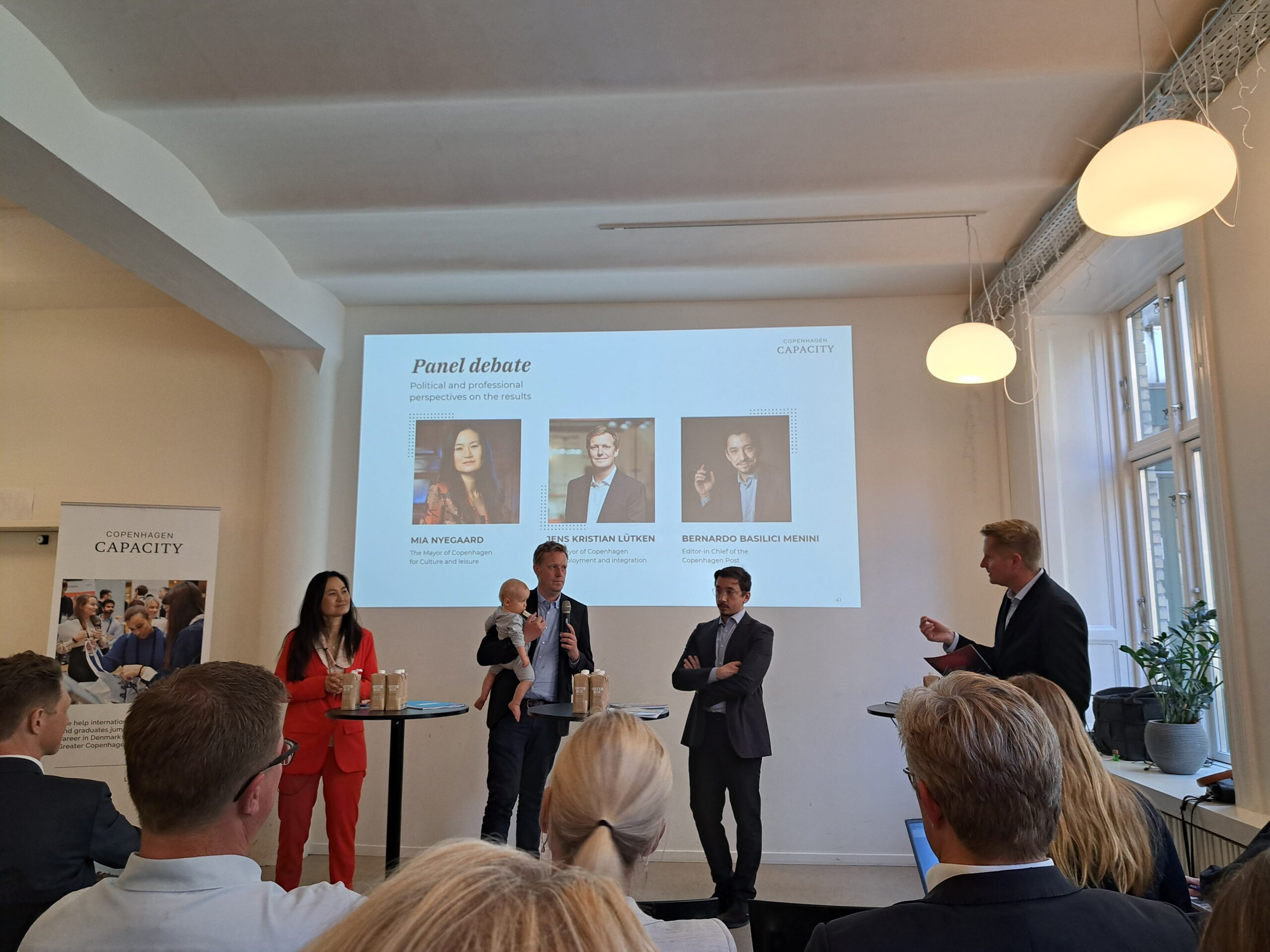Denmark, renowned for its high happiness index, is facing a surprising surge in mental health issues. This
This darker side of life in the country often goes unnoticed, but recent reports indicate that over a quarter of the population is accessing mental healthcare, with a significant rise in anxiety disorders among young adults.
A 2022 National Board of Health report states that Denmark’s mental health system is grappling with complexities, making it a challenge both for professionals to deliver care, and for the public to navigate services.
While extensive reports and studies have examined how the mental health system fails Danes, the plight of expats and migrants remains largely overlooked.
A recent conference organised by The University of Copenhagen Department of Public Health, titled ‘Migration and Mental Health,’ aims to bridge this gap.
In this timely initiative, researchers, policymakers, and users joined forces to examine the disparities in mental healthcare and to address growing concerns of worsening conditions, particularly among vulnerable populations.
Challenges faced by migrants in accessing mental health care in Denmark
As global mobility surges, Denmark has become a hub for expats seeking new experiences and opportunities.
However, behind the enriching tales lies a dark underbelly of challenges faced by newcomers. Many grapple with isolation, finding community, purpose, and a sense of belonging, triggering stress-related health problems.
According to a 2023 report by the Commissioner for Human Rights of the Council of Europe Dunja Mijatović, expats in Denmark, especially from ethnic-minority backgrounds, often feel excluded, exacerbating their isolation.
Social isolation is a significant hurdle in accessing mental healthcare. Language barriers and lack of community support can make it difficult for expats to navigate Danish resources, perpetuating a cycle where life-saving healthcare is needed but remains out of reach due to isolation and lack of knowledge.
Despite mental healthcare being free in Denmark for expats under the public health insurance scheme, long waiting lists and difficulties navigating the system create obstacles.
Studies have found an average waiting time of two to six months for specialist treatment, hindering timely access for many.
Navigating the system
Recognising the strain on mental health services, the Danish government plans to boost spending this year, aiming to reduce waiting times and enhance staff and resource availability.
Health Minister Sophie Løhde acknowledges the difficulties faced by mental health services and proposes partnerships between regional authorities to increase capacity and streamline treatment processes.
While the comprehensive plan is in the works, here are immediate ways to access care:
Contact Your GP: For conditions like anxiety and depression, GPs can offer quick advice and referrals. In severe cases like psychosis or schizophrenia, GPs can expedite specialist referrals, though concerns about waiting lists persist.
Acute Centers: For distressful symptoms, acute centres provide treatment without appointments, offering immediate assistance.
Private Route: Those with private health insurance can opt for private healthcare to bypass waiting times. However, it’s crucial to understand coverage details and potential caveats before choosing this route.
As Denmark attempts to streamline its mental health services, individuals, both Danes and expats, are urged to utilise available resources while awaiting the full implementation of the government’s mental health plan later this year.
Mental health services in Copenhagen
The Mental Health Services Centre Copenhagen
The Mental Health Services Centre Amager
Children and Young Peoples Mental Health Services Centre Glostrup












